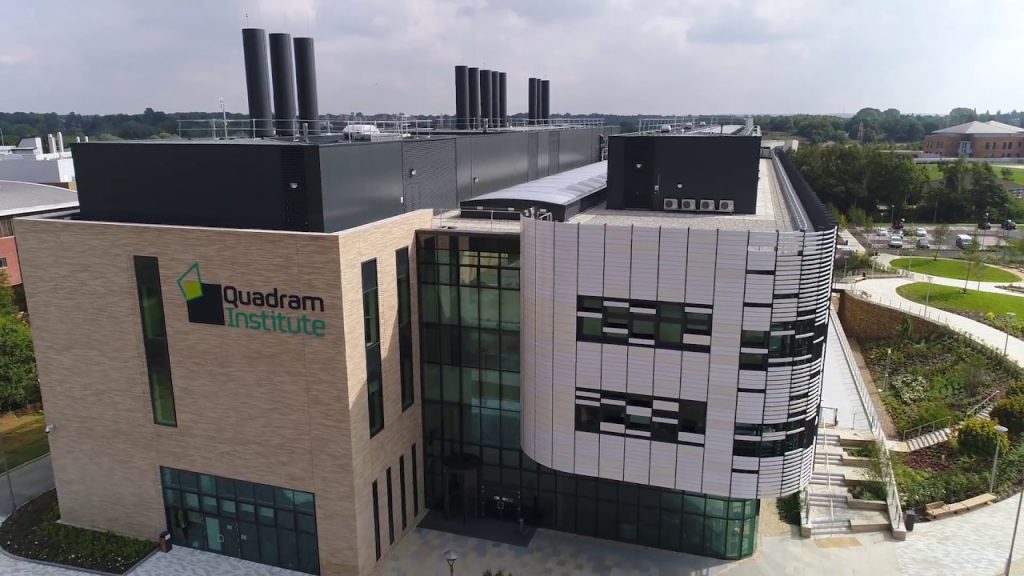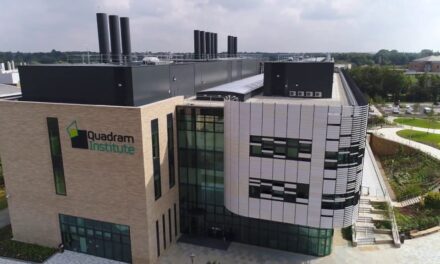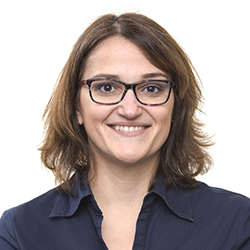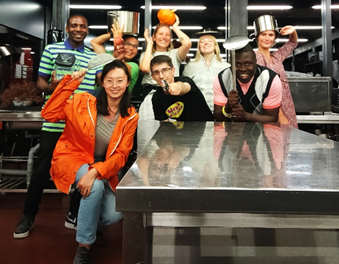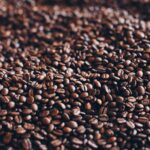It’s World Food Day http://www.fao.org/world-food-day/home/en, and what better day to show some appreciation to our international food and health scientists in the team?
We are Food Databanks National Capability (FDNC), based at The Quadram Institute Bioscience (QIB) in Norwich and are responsible for curating and managing data on the nutritional composition of foods, which underpins research into the links between diet and health. We have a staff of 9, over half being born outside the UK. Here, we give you an insight into just some of the international food and health projects on which our international team are working.
Maria (Greece)

Maria is the Deputy Head of FDNC and a Group Leader in Personalised Nutrition and Gut Microbiome at QIB.
Maria is excited in the opportunities that big data offer in maximizing our understanding of the effect of diet and how we can translate it to benefit the population.

Maria has been leading the QIB contribution to a free online course “The Human Microbiome” where you can discover what the microbiome is, the role it plays in human health, and how it changes throughout your life and by the food you eat. The course, funded by EIT Food, starts 30 November and has been developed by academics and health professionals from the Quadram Institute, University of Turin, the University of Reading, the Spanish National Research Council (CSIC) and Microbion.
Sign up at https://www.futurelearn.com/courses/the-human-microbiome
Kathryn (Barbados)

Kathryn, with many years experience of carrying out nutrition-based human observational studies, is running The DIME Study (Dietary BIoactives and Microbiome DivErsity). This is part of a Horizon2020 project (35 Organisations from 14 countries) developing a Food & Nutrition Security data Cloud (FNS-Cloud; http://www.fns-cloud.eu/ ). Our study will look into the effect of plant bioactives in shaping our gut microbiome diversity, and the importance of our gut microbiome in personalised nutrition.
The study has recently received ethics approval and will be recruiting volunteers in the Norwich area soon, so watch this space!
Maja (Poland)

Maja is our data scientist, with a background in both Food Engineering and Data Science, her job in our group combines the two. Maja works on solutions using dietary data as part of our food composition work including the results from the FNS cloud project. She is currently using her skills to create a new, enhanced version of our eBASIS bioactives in food database (https://ebasis.eurofir.org ). Bringing it up to date with new features such as data aggregation and food coding to allow it to be linked to nutrient databases for non-nutrient intake estimations.

Daniela (Costa Rica)

Daniela, is a senior researcher working on EIT Food personalised nutrition projects. The original Quisper https://quisper.eu/ project involved the development of a digital platform to provide scientifically validated personalised nutrition advice to consumers, collaborating with small companies working on digital solutions in the personalised nutrition field in Europe. This has led to the PERSFO project https://www.eurofir.org/persfo/ – where food service providers’ platforms, AI behavioural change components, and personalised nutrition tools, will be all linked to a personalised recommender app (PERSFO app) in order to promote healthy dietary changes in the workplace.

Liangzi (China)

Liangzi is our most recent staff member. She joins us after completing her PhD on innovative dietary assessment methods at Wageningen university in the Netherlands. Liangzi takes on the role of one of the UK food composition compilers, working with partners from throughout the world to make sure our data is validated and standardised for use across multiple fields including dietetics, food technology, biomedical research and public health policy. Search our composition of foods dataset here https://quadram.ac.uk/UKfoodcomposition/
The information contained within food composition datasets can be applied in the assessment of health and nutritional status at the individual, regional, national and international level. Our national food composition data and the emerging initiatives in food and nutrition it supports are playing an important role in the future development of healthy and sustainable diets.
Finally, it goes without saying that we work as a team, on these projects! You will have to wait until National Food Day to see photos of Paul, Rachel, Jenny, Hannah and Ciara.

